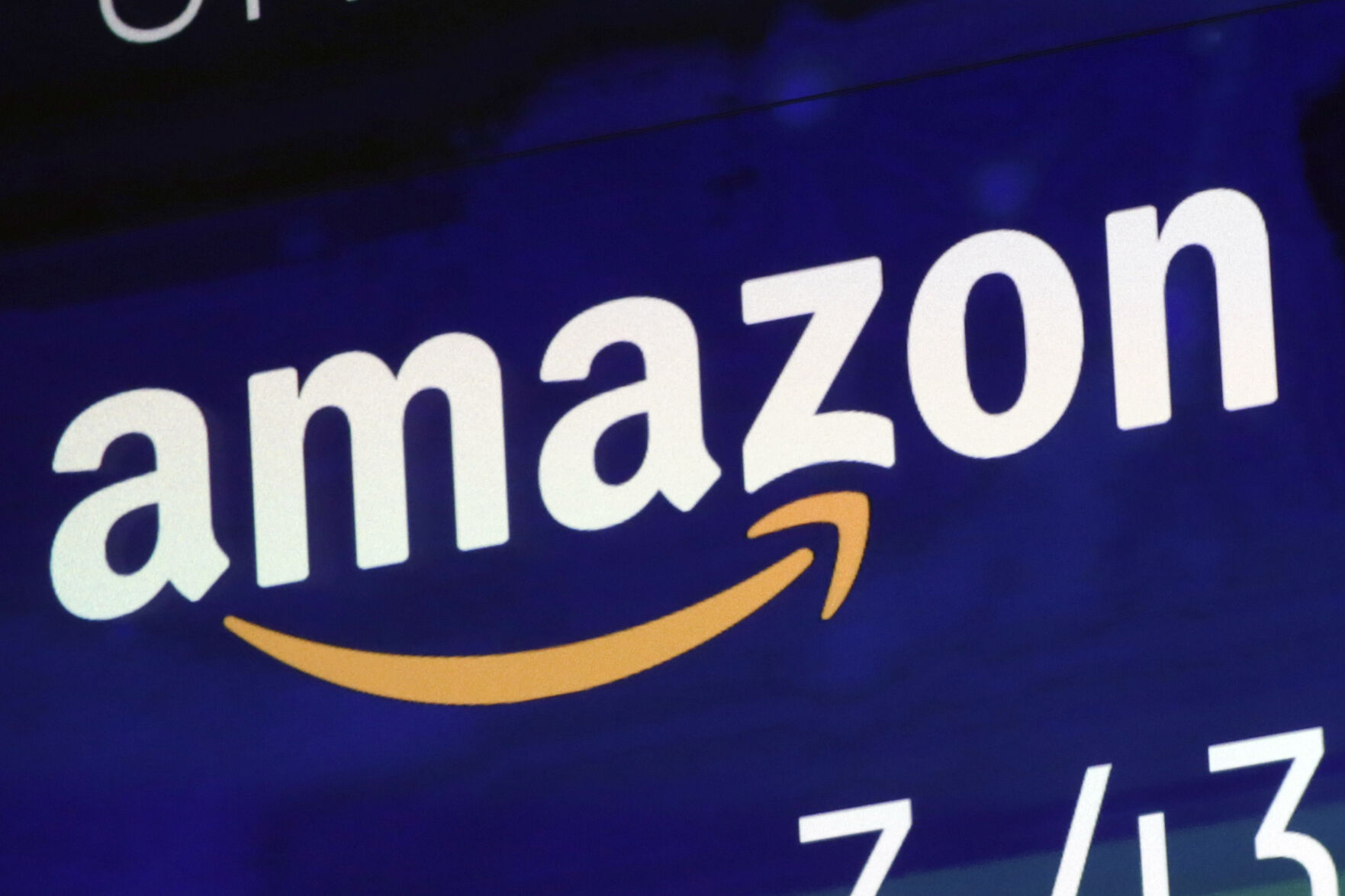Amazon is stepping back into virtual care with a new service that uses secure messaging to connect patients with doctors for help with nearly two dozen conditions.
The retail giant said today it will launch “Amazon Clinic” in 32 states to provide medication refills and care for conditions like allergies, erectile disfunction, hair loss, migraines and urinary tract infections. That list does not include the flu, COVID-19, ear infections or other urgent care conditions for which patients often seek help through telemedicine.
Amazon said it will work to add other conditions over time to the service, which will not accept insurance. It also plans to expand the service to more states in the coming months.
Today’s announcement comes more than two months after Amazon said it will shut down Amazon Care, a hybrid virtual, in-home service it spent years developing. The company had launched that service in 2019 for its Washington employees. It expanded it last year, allowing private employers nationwide to sign up for the service – an effort that didn’t get much traction.
In July, the company announced plans to acquire One Medical, a primary care organization that, as of March, had about 767,000 members and 188 medical offices in 25 markets. The $3.9 billion deal was seen as way for Amazon to shift its health ambitions into a model that was more profitable. The Federal Trade Commission is reviewing that deal.
Amazon’s foray into health care also includes Amazon Pharmacy, an own online drug store that allows its Prime members to order medication or prescription refills, and have them delivered to their front door in a couple of days. In its announcement today, Amazon said Amazon Pharmacy and One Medical were two key parts of its health care plans.
“But we also know that sometimes you just need a quick interaction with a clinician for a common health concern that can be easily addressed virtually,” the company said.
Amazon.com Inc. said the price for care will be set by the providers, not Amazon Clinic, and it did not offer a range in a blog post announcing the service.
Shares in Amazon were up 3% in trading before the opening bell.


